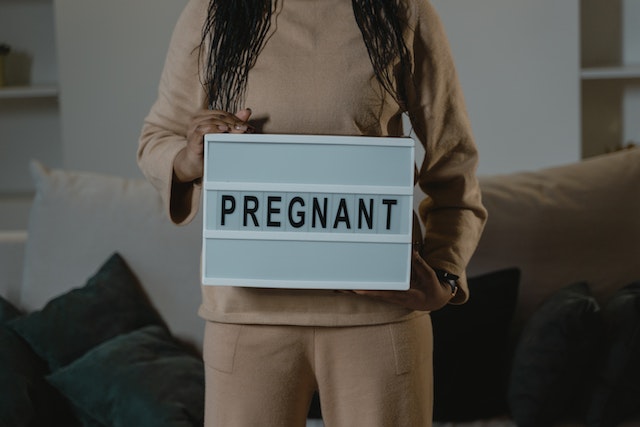Introduction
Pregnancy is a beautiful and transformative period in a woman’s life, filled with excitement
and anticipation.
However, for some women, this joyous journey may be marred by the presence of
postpartum depression (PPD), which can occur both during and after pregnancy.
In this article, we will delve into the topic of postpartum depression during pregnancy,
explore its causes, symptoms, and treatment options, and provide valuable insights on
how to cope with this challenging condition.
What is Postpartum Depression during Pregnancy?
Postpartum depression, commonly known as PPD, is a mood disorder that affects women
during or after pregnancy.
While it is often associated with the period after childbirth, PPD can also occur during
pregnancy.
It is estimated that around 10-20% of women experience depression during pregnancy,
making it a significant concern for maternal health.
Causes of Postpartum Depression during Pregnancy
The exact causes of postpartum depression during pregnancy are not fully understood,
but a combination of physical, emotional, and hormonal factors contribute to its development.
Some of the common causes
Include:
Hormonal fluctuations:
Pregnancy triggers significant hormonal changes, including
fluctuations in estrogen and progesterone levels, which can impact mood regulation.
History of depression or anxiety:
Women with a personal or family history of depression or anxiety disorders are at a higher
risk of experiencing PPD during pregnancy.
Stress and emotional factors:
Pregnancy itself can be accompanied by emotional stress, such as financial concerns,
relationship issues, or fears about motherhood.
These stressors can increase the likelihood of developing PPD.
Symptoms of Postpartum Depression during Pregnancy
Recognizing the symptoms of postpartum depression during pregnancy is crucial for early
intervention and support.
Some common symptoms include:
Persistent feelings of sadness, emptiness, or hopelessness.
Intense mood swings and irritability.
Fatigue and a lack of energy.
Changes in appetite and sleep patterns.
Difficulty concentrating or making decisions.
Withdrawal from social activities and a loss of interest in previously enjoyed activities.
Anxiety or excessive worry about the pregnancy or the baby’s well-being.
Treatment and Coping Strategies
If you suspect you are experiencing postpartum depression during pregnancy, it is important
to seek help from healthcare professionals.
Here are some treatment options and coping strategies to consider:
Counseling and therapy:
Individual or group therapy sessions with a qualified therapist can provide a safe space
to discuss emotions and develop coping mechanisms.
Medication:
In some cases, healthcare providers may prescribe antidepressant medications to help
manage severe symptoms of PPD during pregnancy.
It is essential to consult a healthcare professional before taking any medications during
pregnancy.
Self-care and support:
Engage in self-care activities such as regular exercise, maintaining a healthy diet, and getting
enough rest.
Reach out to your support system, including partner, family, and friends, who can offer
understanding, encouragement, and practical assistance.
Education and awareness:
Educate yourself about PPD during pregnancy by attending support groups, reading reliable
resources, and staying connected with other women who have experienced or are
experiencing PPD.
Understanding that you are not alone can be comforting.
Conclusion
Postpartum depression during pregnancy can have a significant impact on a woman’s
well-being and the overall experience of pregnancy.
By recognizing the symptoms, understanding the causes, and seeking appropriate treatment
and support, women can navigate through this challenging phase and enjoy a healthier
pregnancy.
Remember, seeking help is a sign of strength and the first step towards recovery.


